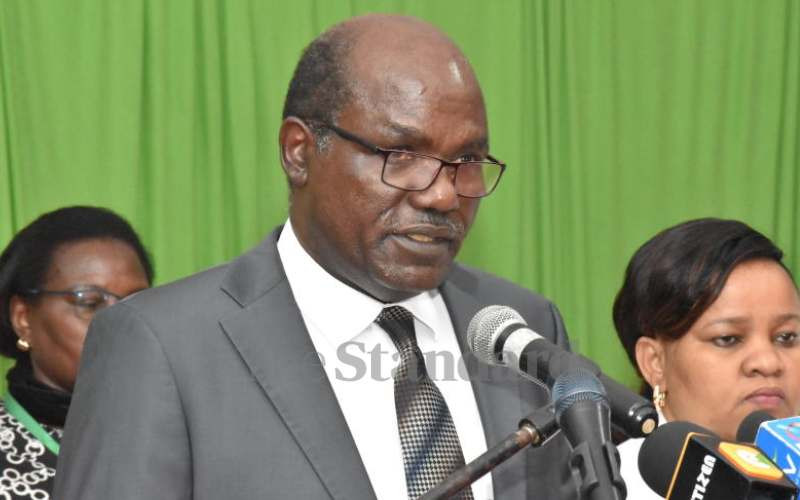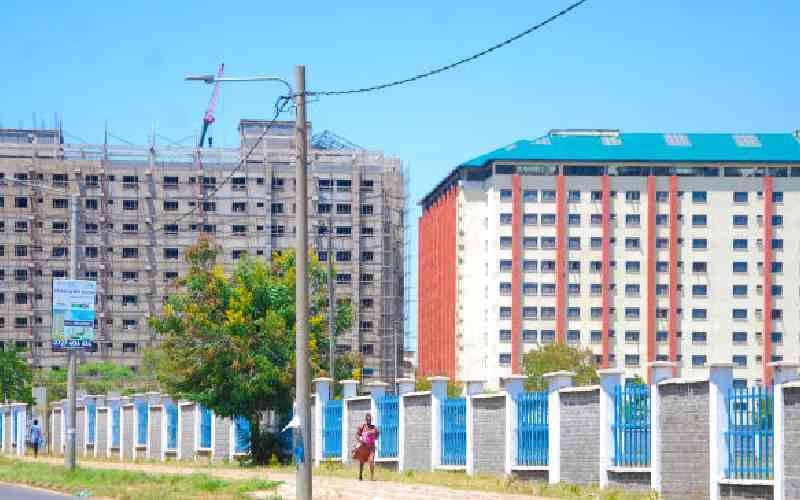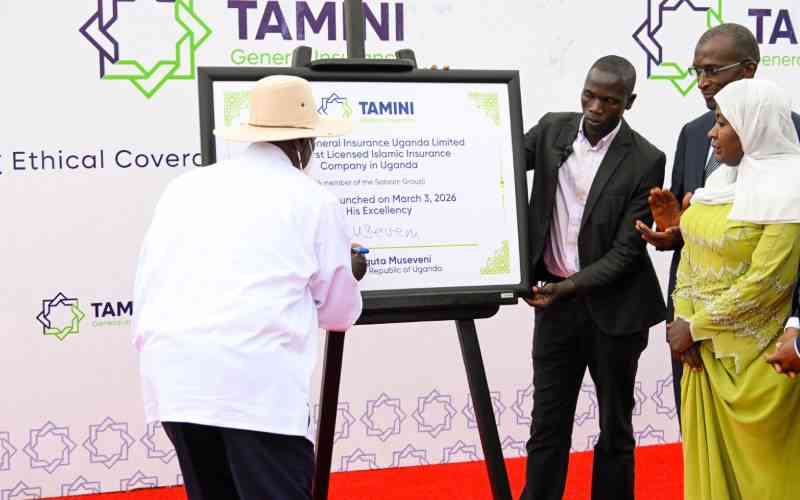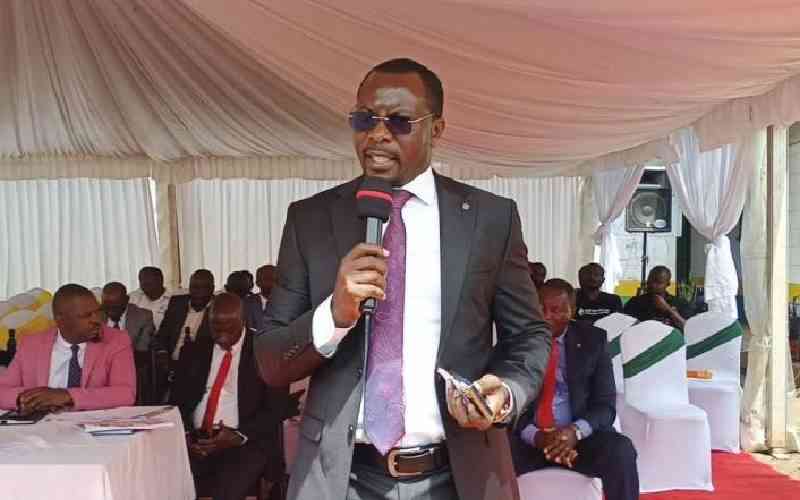×
The Standard e-Paper
Kenya’s Boldest Voice

General elections are less than two months away.
It is only natural that the state of Kenya’s electoral agency’s preparedness, the Independent Electoral and Boundaries Commission (IEBC), be called to question.







